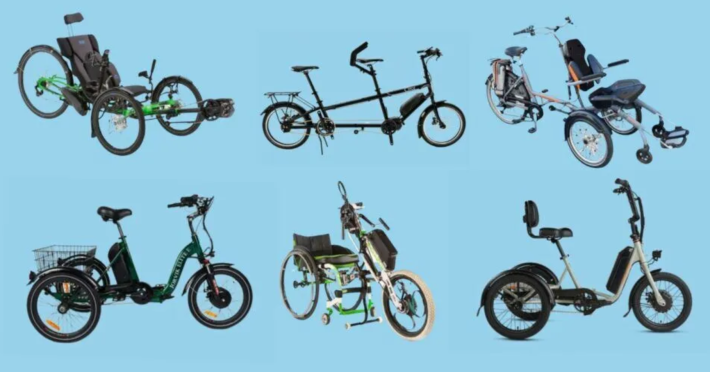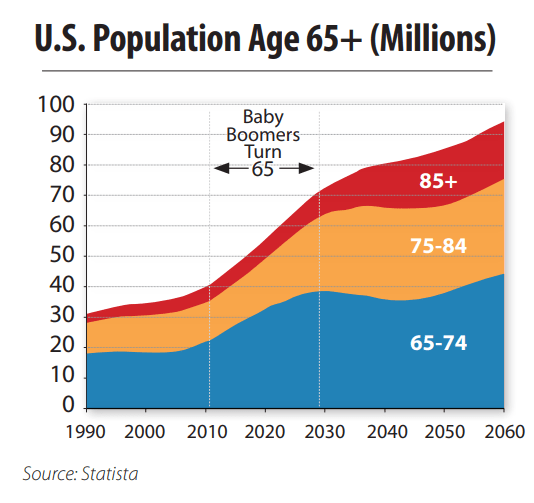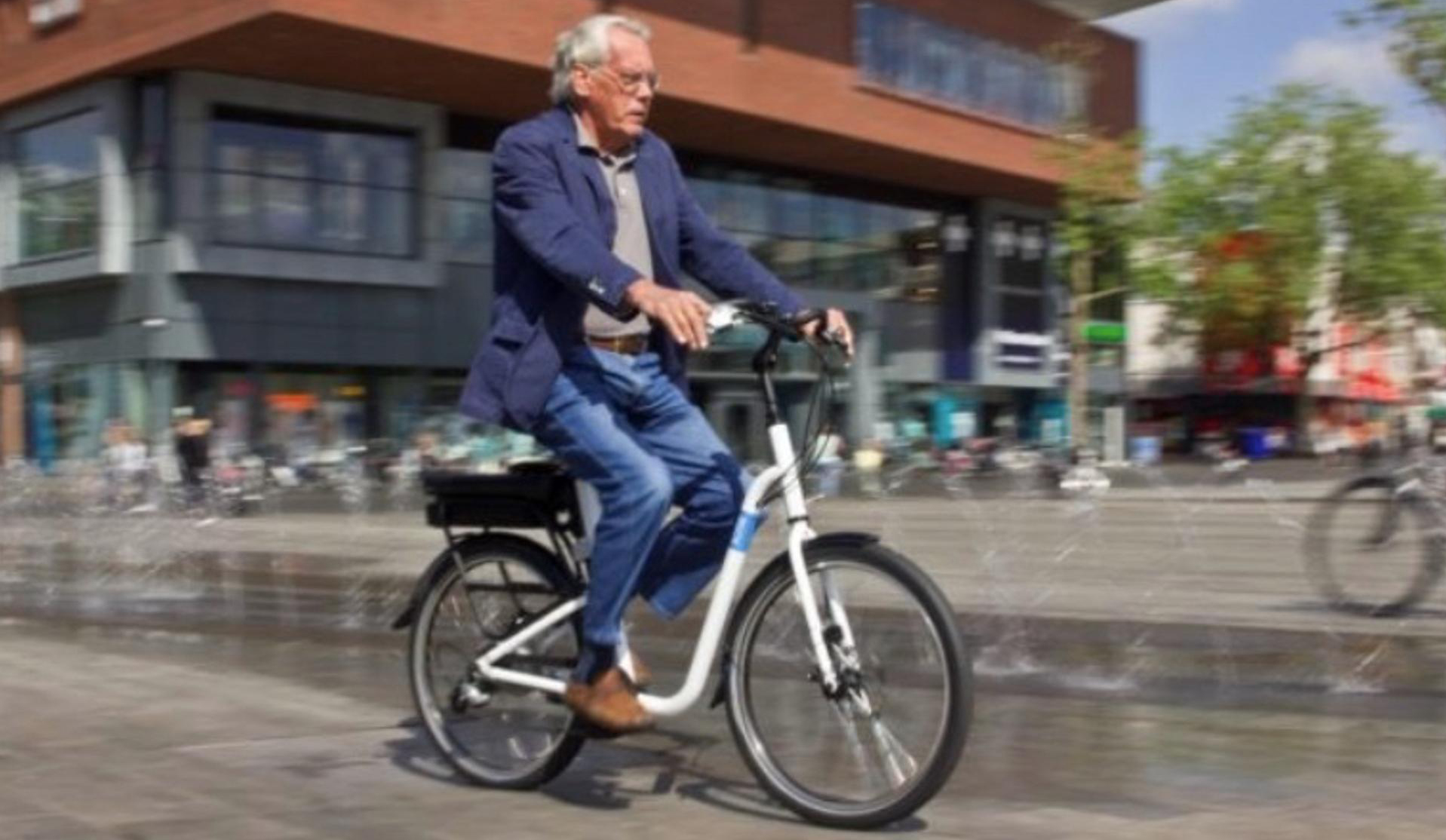E-bikes can be a critical mobility aid for seniors or people with disabilities — but the first step is getting those populations to abandon their preconceptions that the mode just isn't built for them, a new report suggests.
A study published this month in Transportation Research Interdisciplinary Perspectives highlighted the potential of pedal-assist vehicles to get people with mobility challenges moving, but also stressed that we first have to “understand how these populations perceive e-bikes and identify the concerns and barriers they face."
To do that, the researchers at Texas A&M Transportation Institute looked at how adaptive e-bikes — such as tricycles and quadcycles for people with balance issues, recumbent bikes with a lower center of gravity, or bikes with handcranks to help people with lower body mobility issues — can serve the 32 percent of Americans who will develop travel-limiting disabilities by age 80.

As part of a 2021 strategic plan for people with mobility challenges, the U.S. Department of Transportation concluded that "non-vehicular transportation modes [are] key to achieving a fully accessible transportation system that promotes complete trips for all.” The researchers found, though, that some people fear they will lose access to government benefits if it is shown that they can ride a pedal-assist bike — while others are concerned about getting off the bicycle once they get on.
While any older adults and people with disabilities are actually able to safely use e-bikes, “a significant knowledge gap exists between awareness and reality,” the researchers wrote. And the timing is crucial, with the Baby Boomer generation starting to retire en masse — a phenomenon which countless pundits have called a "silver tsunami" that is primed to change the American retirement and mobility landscape.

“The assumption that cycling is an activity for people without disabilities often blocks opportunities for this group to even try e-bikes,” the researchers wrote. “Family and friends may discourage older adults and people with disabilities from cycling, and health professionals and caregivers do not yet widely recognize the potential of this mode for these groups.”
For those who overcome those barriers, though, e-bikes often bring significant benefits. One study cited by the Texas researchers found that individuals with cognitive and physical impairments expressed feeling a sense of freedom in the saddle, while in another study, cyclists spoke about mental and physical health improvements similar to those riders without disabilities.
The report also found that older riders considered e-bikes to be easier to ride than traditional bikes, and that cycling provided a sense of connection with their communities. E-bikes also helped to expand riders’ social connections, which echos the findings of other studies.
Armed with that data, the Texas researchers hope advocates will push e-bike makers and government officials to make changes in their cities.
“Mobility advocates and companies can leverage insights from our study to develop targeted awareness campaigns, education programs, and training sessions,” said study co-author Ipek Nese Sener. "But just as important as getting the word out is listening to the very communities we want to help first ... I am a strong believer in ‘Nothing about us without us.’”






